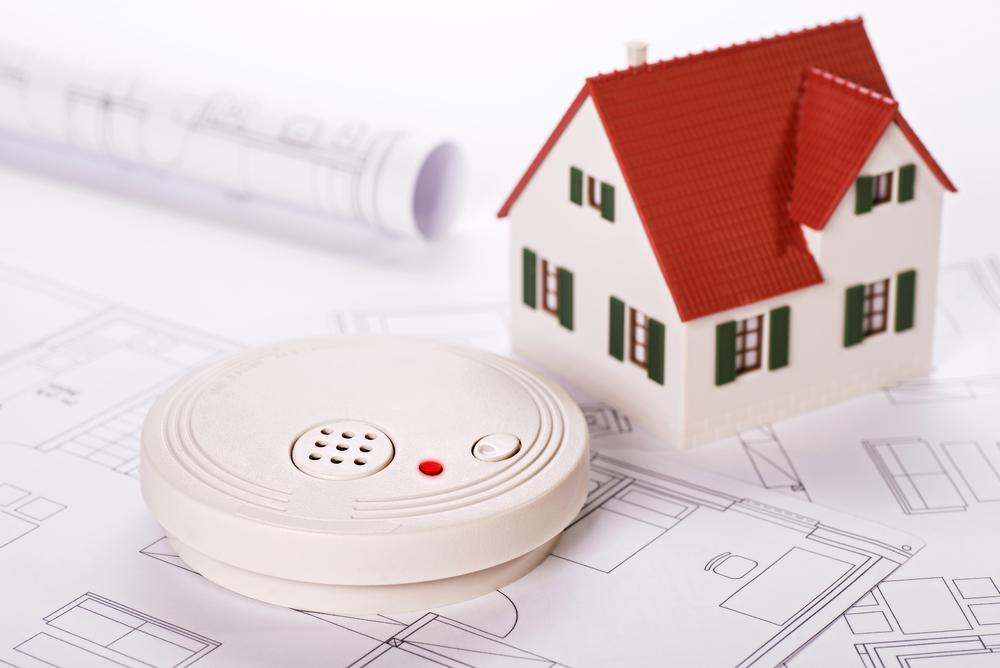
PREPARING YOUR PROPERTY FOR NEW SMOKE AND CARBON MONOXIDE ALARM REGULATIONS
With changes to the rules around carbon monoxide and smoke alarms in England and Wales on the horizon, coming into effect on 01 October 2022 in England and 01 December 2022 in Wales; here’s what you need to know:
1) Install smoke alarms on each story of the property
Landlords in England are already required to install a smoke alarm on each story of their rental property. The new rules on 01 December will therefore impose this new requirement on landlords in Wales too.
2) Test your smoke alarms
From 01 October onward in England, the landlord will be responsible for repairing any smoke alarms that are faulty. So, the first step is to check whether there’s an issue with the alarms that are currently installed in the property. A check should be done every time you do an inventory and on the move in day by pressing the button on the alarm to see if it works.
3) Check the alarm’s expiry date
Smoke alarms have an expiry date. Agents and landlords need to make sure that they’re making a note of that date on their inventories. Going past that used by date, by definition, that alarm is not serviceable. This can have a knock-on effect for your landlords’ building insurance too.
4) Look into cost-effective solutions
In England the government has not made it compulsory to have all these alarms interlinked or the need to be hardwired into the system. So, landlords are still able to install battery-powered smoke alarms; unless the government were to change the draft regulation before it comes into play. In Wales however from 01 December every smoke alarm has got to be hard wired into the property.
5) Remember that the carbon monoxide rules don’t apply to gas cookers
The 2015 rule where you needed a carbon monoxide alarm if you were burning solid fuel, is now being extended to if you are burning anything you need a carbon monoxide alarm. However, gas cookers don’t fall under these new regulations and therefore no carbon monoxide alarm is required in a room with a gas cooker. Gas boilers are dealt with under separate legislation, so if you have a kitchen with a gas boiler, you’ll need a carbon monoxide alarm. If you have got a kitchen with no boiler at all but a gas cooker – although you’ve got combustion in the kitchen – you don’t need a carbon monoxide alarm because gas cookers are under a different legislation.
6) Understand who’s responsible for changing the batteries
Currently the 2015 guidance notes for smoke and carbon monoxide alarms, states that you can impose on the tenant the obligation to maintain and change the batteries. Unless the government were to change the draft regulation before it comes into play. It would seem, that only when the alarm is faulty, the landlord needs to be involved with changing it.
7) Make sure the alarms are accessible
There are certain rules around the space that you’ll need to leave between the boiler and carbon monoxide alarm but, aside from that restriction, you can install the alarms anywhere in the room within reason. The tenant must have the ability to access and be able to change the batteries.
Source: https://www.gov.uk/
